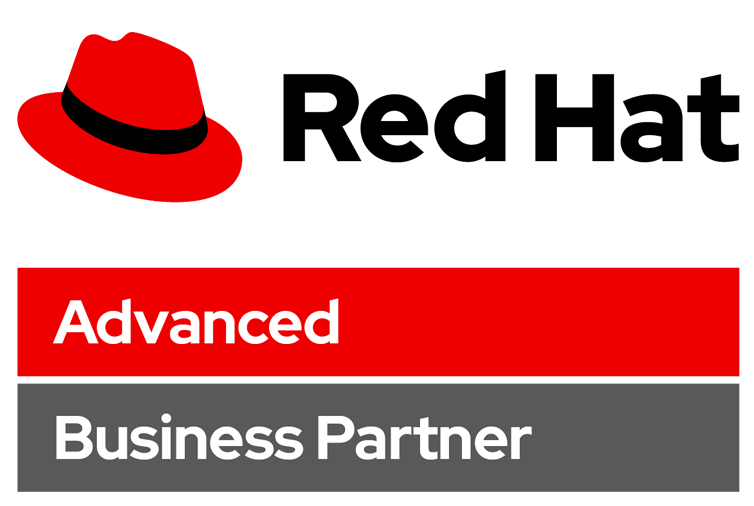Red Hat Certified System Administrator (RHCSA)
RHCSA is an entry-level certification that focuses on actual competencies at system administration, including installation and configuration of a Red Hat Enterprise Linux system and attach it to a live network running network services.
To achieve the RHCSA certification the student must pass EX200, a 2.5-hour hands-on lab exam. The minimum passing score for the exam is 210 out of 300 possible points (70%). There is no prerequisite for the exam, but Red Hat recommends preparing for the exam by taking courses in Red Hat System Administration (RH124 or RH134) if one does not have previous experience.
Red Hat Certified Engineer (RHCE)
Self-titled “the flagship” certification, RHCE is a mid- to advanced-level certification that builds on topics covered in the RHCSA certification to include more advanced topics such as Red Hat Linux Automation with Ansible (RH294) which teaches the skills needed to manage large numbers of systems and applications efficiently and consistently. In this course one will learn the techniques needed to use Ansible® to automate provisioning, configuration, application deployment, and orchestration.
This course is based on Red Hat® Enterprise Linux® 8 and Red Hat Ansible Engine 2.8.
Red Hat Certification FAQs
- Why should you get certified instead of just getting trained?
Organizations hiring employees, contractors, and consultants can look to Red Hat certifications as an input into hiring, assignment, promotion, and other management decisions. Similarly, individuals who earn these certifications benefit and see value by having official, impartial, and proven validation of their skills and knowledge.
- What are the requirements of training and certification offerings?
Red Hat certification program validates people’s technical skills and knowledge. Organizations hiring employees, contractors, and consultants can look to Red Hat certifications as an input into hiring, assignment, promotion, and other management decisions. Similarly, individuals who earn these certifications benefit by having an official, impartial validation of their skills and knowledge.
- What is the difference between classroom and individual exam sessions (RHIE)?
Individual exam sessions are a convenient alternative to Red Hat’s open enrollment exams that are delivered in classrooms. A professional proctor observes an examinee remotely as an exam is taken on a secured system in a testing center. You have the option here to choose the dates for the exam to be taken.
Classroom exams are monitored by a proctor and taken on pre configured hardware at any of our centres.
- What is meant by “performance-based” testing?
Performance-based testing is done by you performing real-world tasks similar to those you must perform in a job role. All Red Hat certification exams are performance-based tests, giving you the hands-on, practical application you need to demonstrate your skills.



